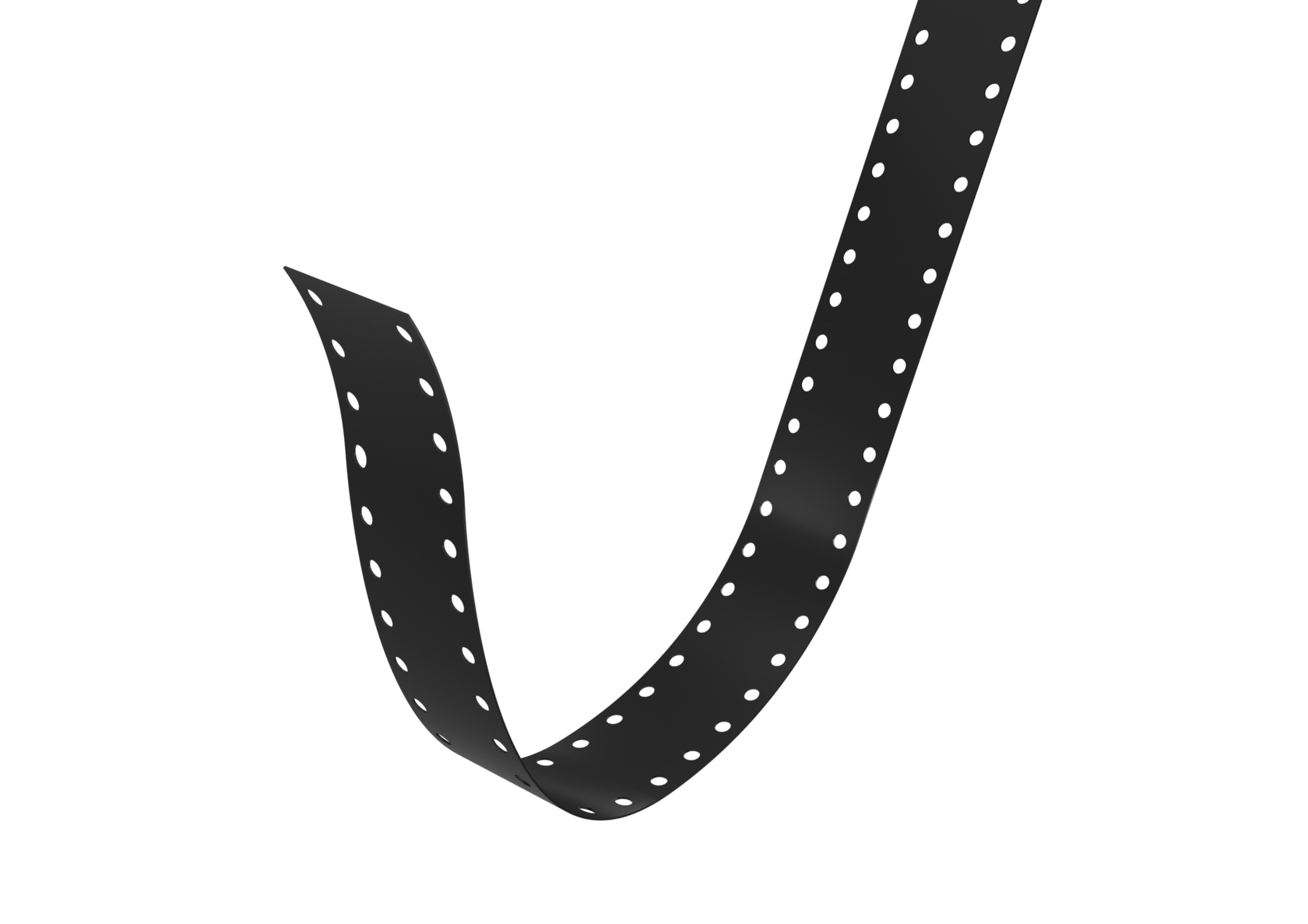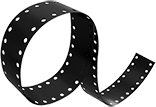THE GARAGE MUSEUM OF CONTEMPORARY ART, ILLUZION CINEMA

AUTOBIOGRAPHICAL
FILMS
BY ALAIN CAVALIER
FILMS
BY ALAIN CAVALIER
The program has been prepared with the support of Institut français de Russie to coincide with the director’s 90th birthday.
Programme curator — Dmitry Frolov.
Programme curator — Dmitry Frolov.
Alain Cavalier turns 90 on September 14, 2021. He began making films at the same time as the legendary directors of the French New Wave - Godard, Truffaut, and Chabrol - but has always stood apart from his colleagues. Cavalier himself divides his creative path into three stages, which he associates with the changes in his creative method. In the 1960s and 1970s, he was a conventional director (metteur en scène) of big-budget films and made noirs and melodramas with Alain Delon and Catherine Deneuve. In the late 1970s, he became an experimental filmmaker (cinéaste) and moved on to small-scale, intimate stories, often blurring the line between document and fiction. But he developed a completely unique style, free from the laws of the film industry in the 1990s thanks to the proliferation of lightweight and relatively cheap camcorders.
Read more...
They allowed him to get rid of the film crew and create deceptively amateur (filmeur) diary essay films in which he raised complex issues of human existence. Cavalier is one of the most outstanding directors who brought to life the manifesto of Alexandre Astruc about a new avant-garde, according to which, with the help of a light “camera-pen” (caméra-stylo), an author can express an idea, no matter how abstract it may be.
In the era of global social cataclysms, out of all of Cavalier’s creative works, his autobiographical films seem to be the most relevant: “This Answering Service Takes No Messages" (1978), "The Encounter" (1996), "Le Filmeur" (2005), and "Holy Places" (2007). All of them are permeated with deep feelings: pain caused by the loss of a loved one, joy from the return of the ability to love, the desire to accept the finiteness of one’s own life. But the main thing that unites them is the author's ability to look at himself. This view reflects the experience of introspection most of us have lived through during forced isolation, when we were often left alone with ourselves. However, long before the era of Covid-19, the practice of placing oneself “inside” the camera lens became a part of our everyday. But not all of us follow Cavalier and use selfies for a serious conversation about perennial questions. This short retrospective shows the French director as a collector of intimate fragments of life, for whom the camera not only continues the work of memory, but also turns out to be a therapeutic device that helps to come to terms with death.
Dmitry Frolov
In the era of global social cataclysms, out of all of Cavalier’s creative works, his autobiographical films seem to be the most relevant: “This Answering Service Takes No Messages" (1978), "The Encounter" (1996), "Le Filmeur" (2005), and "Holy Places" (2007). All of them are permeated with deep feelings: pain caused by the loss of a loved one, joy from the return of the ability to love, the desire to accept the finiteness of one’s own life. But the main thing that unites them is the author's ability to look at himself. This view reflects the experience of introspection most of us have lived through during forced isolation, when we were often left alone with ourselves. However, long before the era of Covid-19, the practice of placing oneself “inside” the camera lens became a part of our everyday. But not all of us follow Cavalier and use selfies for a serious conversation about perennial questions. This short retrospective shows the French director as a collector of intimate fragments of life, for whom the camera not only continues the work of memory, but also turns out to be a therapeutic device that helps to come to terms with death.
Dmitry Frolov
Read more...
They allowed him to get rid of the film crew and create deceptively amateur (filmeur) diary essay films in which he raised complex issues of human existence. Cavalier is one of the most outstanding directors who brought to life the manifesto of Alexandre Astruc about a new avant-garde, according to which, with the help of a light “camera-pen” (caméra-stylo), an author can express an idea, no matter how abstract it may be.
In the era of global social cataclysms, out of all of Cavalier’s creative works, his autobiographical films seem to be the most relevant: “This Answering Service Takes No Messages" (1978), "The Encounter" (1996), "Le Filmeur" (2005), and "Holy Places" (2007). All of them are permeated with deep feelings: pain caused by the loss of a loved one, joy from the return of the ability to love, the desire to accept the finiteness of one’s own life. But the main thing that unites them is the author's ability to look at himself. This view reflects the experience of introspection most of us have lived through during forced isolation, when we were often left alone with ourselves. However, long before the era of Covid-19, the practice of placing oneself “inside” the camera lens became a part of our everyday. But not all of us follow Cavalier and use selfies for a serious conversation about perennial questions. This short retrospective shows the French director as a collector of intimate fragments of life, for whom the camera not only continues the work of memory, but also turns out to be a therapeutic device that helps to come to terms with death.
Dmitry Frolov
In the era of global social cataclysms, out of all of Cavalier’s creative works, his autobiographical films seem to be the most relevant: “This Answering Service Takes No Messages" (1978), "The Encounter" (1996), "Le Filmeur" (2005), and "Holy Places" (2007). All of them are permeated with deep feelings: pain caused by the loss of a loved one, joy from the return of the ability to love, the desire to accept the finiteness of one’s own life. But the main thing that unites them is the author's ability to look at himself. This view reflects the experience of introspection most of us have lived through during forced isolation, when we were often left alone with ourselves. However, long before the era of Covid-19, the practice of placing oneself “inside” the camera lens became a part of our everyday. But not all of us follow Cavalier and use selfies for a serious conversation about perennial questions. This short retrospective shows the French director as a collector of intimate fragments of life, for whom the camera not only continues the work of memory, but also turns out to be a therapeutic device that helps to come to terms with death.
Dmitry Frolov
France, Caméra One Télévision, Pyramide Films
1978, 65 minutes
1978, 65 minutes
France, Caméra One Télévision, Pyramide Films
2005, 96 minutes
2005, 96 minutes
France, Lebanon, Les Films de l'Astrophore
1996, 75 minutes
1996, 75 minutes
France, Les Films de l'Astrophore, ARTE France
2007, 32 minutes
2007, 32 minutes

